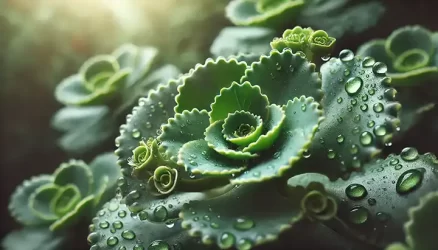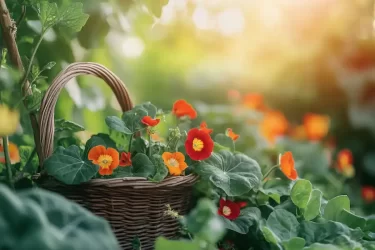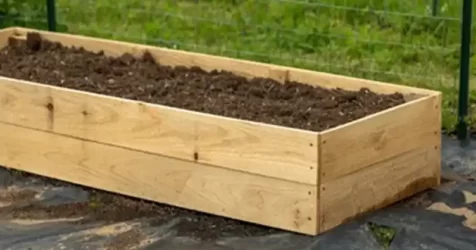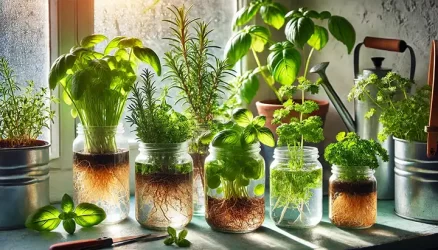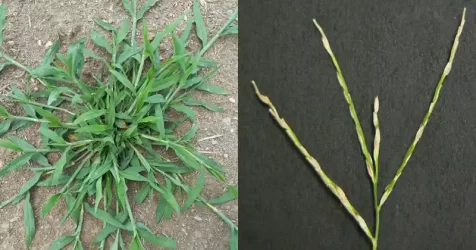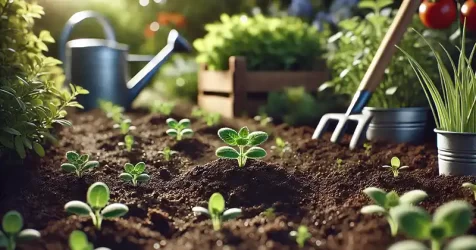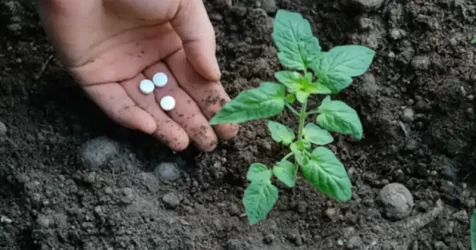Green Upwards: A Comprehensive Guide to Creating and Understanding Garden Towers
In urban settings where ground space is a premium, garden towers offer an innovative solution for green-thumbed enthusiasts. These vertical gardening structures not only optimize limited spaces but also add an aesthetic appeal to balconies, patios, and small yards.
Understanding Garden Towers:
What Are Garden Towers?
- A garden tower is essentially a vertical garden structure, enabling the growth of multiple plants in a stacked arrangement.
- It’s ideal for various plants, from herbs and flowers to small vegetables and fruits.
How Do They Work?
- Garden towers maximize sunlight exposure and improve air circulation for each plant.
- They often incorporate a composting tube that runs down the center, facilitating nutrient recycling and efficient watering.
Materials and Tools Needed:

Essentials for Construction:
- A large barrel or multiple stackable pots.
- Potting soil and compost.
- Seeds or seedlings of your choice.
- A drill for making drainage holes.
- A PVC pipe or similar for the central composting tube (optional).
Building Your Garden Tower:
1. Container Preparation:
- Choose a container (barrel or pots) and drill adequate drainage holes at the base.
- For a composting tube: Drill multiple small holes along a PVC pipe.
2. Layering the Base:
- Start by adding a layer of stones or gravel at the bottom for drainage.
- Add a mixture of potting soil and compost.
3. Planting Strategy:
- Consider plant height, sunlight, and water requirements.
- Plant seeds or seedlings in tiers, ensuring each has sufficient space to grow.
4. Installing the Composting Tube (If applicable):
- Place the perforated PVC pipe vertically in the center.
- Fill with kitchen scraps for composting, which will feed the plants.

Placement and Care:
Choosing the Right Spot:
- Find a sunny location where plants can receive at least six hours of sunlight daily.
- Ensure it’s a spot where the tower can be easily watered and maintained.
Watering and Maintenance:
- Water the tower regularly, ensuring even distribution.
- Add compost to the central tube (if present) and maintain soil health.
Seasonal Care:
- Rotate or adjust the tower as needed for sunlight.
- Replace annuals or rotate perennials to keep the tower productive.
How Garden Towers Thrive:
- Efficient Use of Space: By going vertical, garden towers allow for a large number of plants in a small footprint.
- Central Composting: The composting tube in the center (if used) creates a self-fertilizing system, providing nutrients directly to the roots.
- Enhanced Growth Conditions: Vertical design ensures better air circulation and sunlight exposure for all plants.
Garden towers are not just a space-saving solution but a dynamic approach to urban gardening. They’re easy to build, maintain, and can transform your small space into a lush, productive garden.

